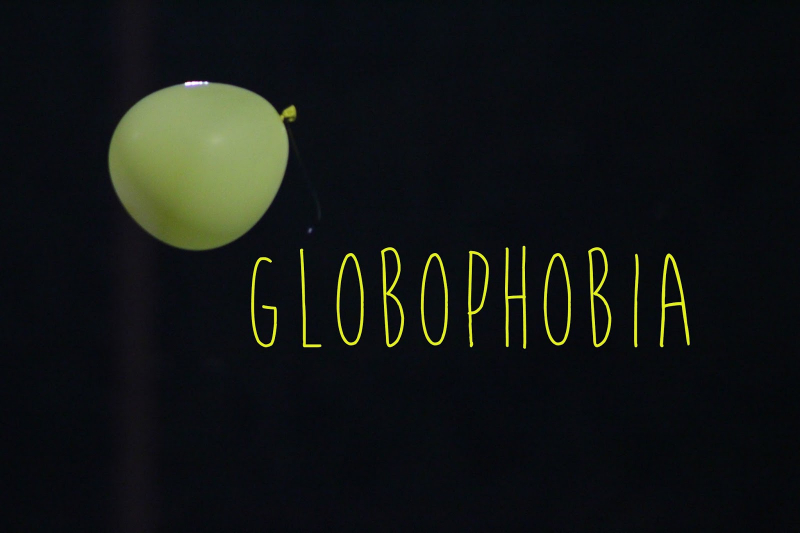Globophobia

Globophobia is a fear of balloons that is intense, overpowering, and illogical. The concept, sight, sound, touch, and smell of balloons can cause acute dread, anxiety, or panic. Some people, however, merely have a fear of balloons exploding or, more particularly, the sound of a balloon popping. Some persons with globophobia are afraid of all of these balloons, while others are afraid of a single variety of balloon. Some persons with globophobia, for example, are not terrified of foil balloons since they are less prone to explode, whilst others are just afraid of inflated balloons.
Balloon phobia is most frequent in young children, with many growing out of it before puberty. However, instead of growing out of their fear, some individuals's globophobia symptoms develop with time, with some people having a phobia of balloons their whole lives. Globophobia can arise in adults as well. Although many individuals detest the sound of a balloon bursting, particularly when it occurs abruptly, this does not always indicate that you have a phobia. A person suffering from globophobia may also be afraid of balloons, even if there is no real danger to them if they are not in close proximity to them.
Because a person with globophobia is likely to suffer strong and overwhelming fear, anxiety, or panic when they come into contact with balloons, they may engage in avoidance behaviors to assist them avoid balloons or locations or circumstances where they could come into contact with balloons. They may, for example, avoid birthday parties and other festivities such as anniversaries, and they may refuse to visit areas popular with children if balloons or balloon animals are present, such as family-friendly restaurants, fairgrounds, and farms.
Avoidance behaviors can have a detrimental influence on your social life, relationships, and capacity to complete daily responsibilities. Avoidance behaviors frequently have a paradoxical impact, which means that while a globophobic individual uses avoidance behaviors to assist them manage or minimize their fear, they actually reinforce the phobia and, in many circumstances, result in more severe symptoms in the future.
















